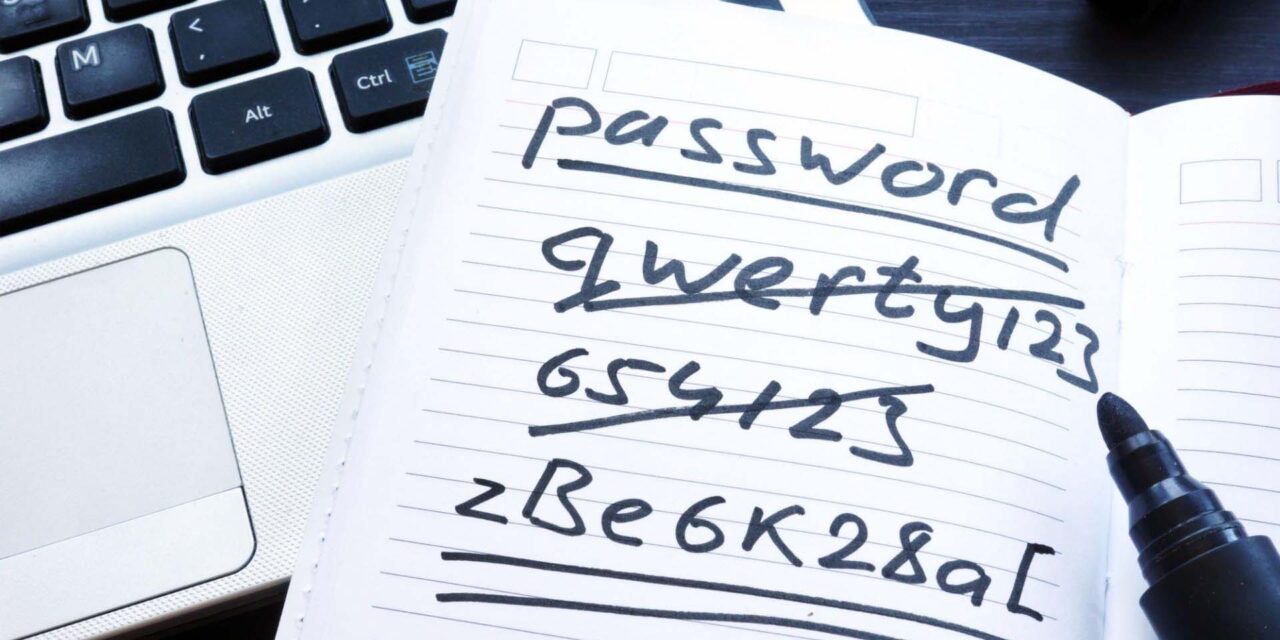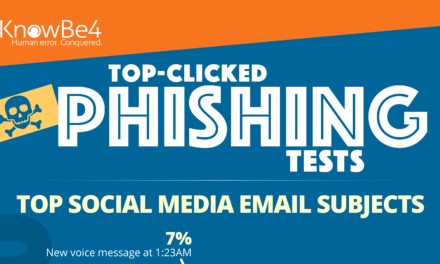One survey suggests that risky attitudes and habits about cybersecurity and password hygiene arose from misunderstandings and age-related mental hangups.
In a survey of password habits of over 8,000 individuals of five age groups (16 to more than 78) across the US, the UK, France and Germany, one cybersecurity firm has outlined some trends in password hygiene among respondents.
Despite the availability of accepted password security practices, 75% of respondents cited that they did not adhere to the rules, with 64% either using weak passwords or repeat variations of passwords to protect their online accounts.
Around a third of respondents cited feeling overwhelmed when it came to taking action to improve their level of cybersecurity. Other findings in the survey data include:
- 30% of respondents still used simple passwords to protect their digital accounts, while 34% cited repeating variations of the same password.
- 39% of respondents were unaware of whether they had been breached; 32% did not know whether their passwords were being sold on the Dark Web.
- 64% of respondents were not confident that they were managing their passwords well.
- 41% of respondents cited feeling that cybersecurity “is too difficult to understand”.
- 29% of respondents who were classified as baby boomers used strong and unique passwords for every account, compared to only 20% of Gen Z respondents, of which 40% found cybersecurity overwhelming (highest among all the age groups surveyed).
- In general, male respondents (39%) were more confident than their female counterparts (31%) about maintaining good password security.
According to Craig Lurey, CTO and co-founder, Keeper Security, the firm that commissioned the survey: “Password management does not need to be complex, overwhelming or difficult to understand even with a large number of digital accounts to secure. Using a password manager is an ideal way for anyone to protect him/herself.”
Lurey added that people can also pair dark web monitoring with a password manager to stay abreast of all account information and take action immediately if credentials are compromised.
















